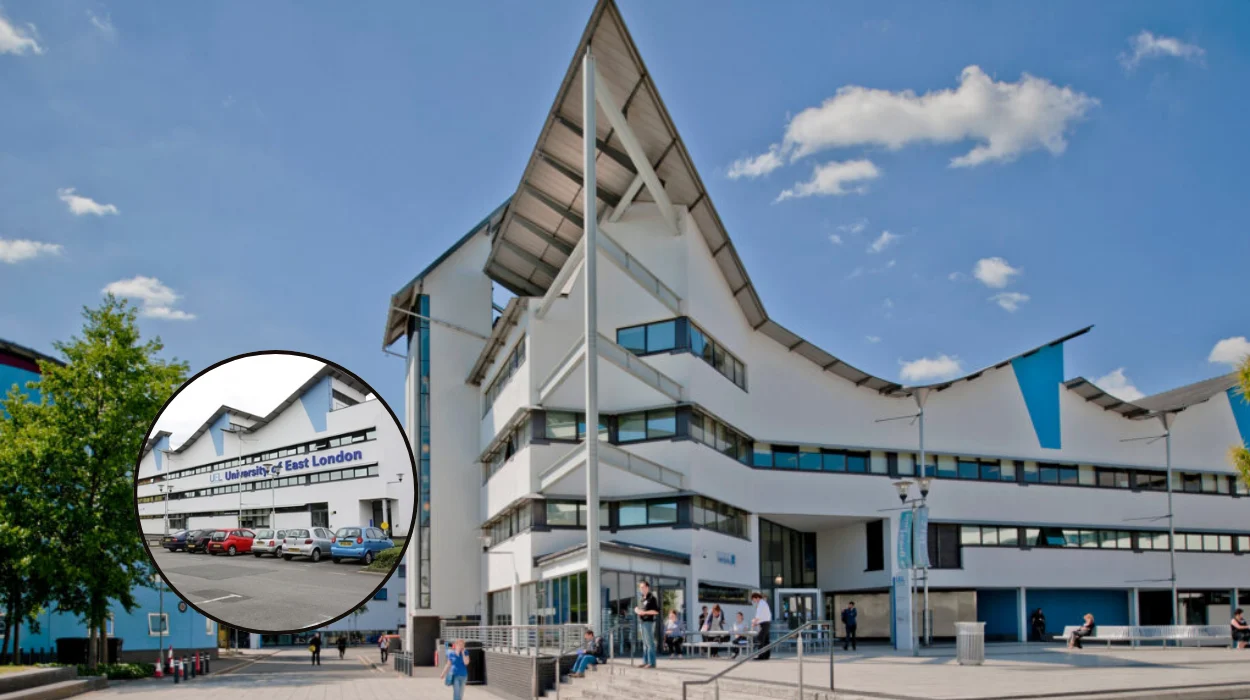The University of East London (UEL) is a cornerstone institution in East London, deeply rooted in the community since its origins in 1898. Known for its dynamic academic environment and commitment to social justice, UEL has evolved from a technical institute into a leading modern university offering diverse programs. This blog post delves into the rich history, campus life, academic offerings, and community impact of UEL, providing an evergreen resource tailored for the East London audience and those interested in higher education in the region.
History and Evolution of the University of East London
The University of East London traces its origins back to 1892 with the establishment of the West Ham Technical Institute by the County Borough of West Ham. It was envisioned as a “people’s university,” aiming to provide accessible education in science, engineering, and arts. Over time, as demand for technical education grew, the institute expanded and merged with other colleges in Walthamstow and Dagenham, forming the North East London Polytechnic in 1970.
The institution transitioned to higher education status in 1988 and adopted the name Polytechnic of East London in 1989. In 1992, it achieved university status, becoming the University of East London. The university’s development reflected broader trends in British higher education across the 19th and 20th centuries. UEL has continuously adapted, opening the Docklands Campus in 1999—the first new university campus built in London in over 50 years. This evolution underscores UEL’s longstanding dedication to serving its local and broader communities with relevant, high-quality education.
Campuses and Facilities
UEL operates primarily from two campuses:
- Stratford Campus: The original campus in East London, home to modern academic buildings including the notable Arthur Edwards Building. Its location close to the Queen Elizabeth Olympic Park offers a vibrant urban environment conducive to study and innovation.
- Docklands Campus: Opened in 1999, this campus was a major milestone as the first new university campus developed in London in decades. It offers state-of-the-art facilities designed to meet the demands of contemporary education.
The campuses provide extensive resources including modern lecture theatres, libraries, computer labs, sports facilities, and dedicated spaces for arts and media students. These facilities support a wide range of academic and extracurricular activities, enhancing the student experience across disciplines.
Academic Programs and Research
UEL offers over 160 undergraduate and 120 postgraduate programs spanning fields such as business, law, psychology, health sciences, education, social sciences, engineering, and the arts. This broad portfolio is designed to meet diverse career aspirations and industry demands.
The university emphasizes applied research closely linked to its local community and global challenges. UEL encourages students to engage with real-world problems through research projects, internships, and partnerships with industry. The university’s commitment to social justice and sustainability is reflected in its curriculum and research priorities, preparing graduates to become responsible global citizens.
Community Engagement and Social Impact
True to its founding mission as a “people’s university,” UEL plays an active role in East London’s community development. It works closely with local schools, businesses, and community groups to promote education, skills development, and economic growth.
Notably, UEL is a lead academic sponsor of Hackney University Technical College, established in 2012 to provide technical education aligned with contemporary industry needs. The university’s outreach initiatives aim to reduce inequality through improved access to education and training, contributing to social mobility in East London.
UEL’s focus on inclusivity is a key factor in its appeal to East London’s diverse population, supporting a welcoming environment for international and local students alike.
Admissions, Tuition, and Financial Support
UEL follows the tuition fee structures permitted by UK regulations, with fees having increased to the government-mandated cap of £9,000 per year for home undergraduate students since 2012. To support students, UEL offers various scholarships, bursaries, and financial advice to ensure affordability and access.
The university provides clear guidance on admissions requirements, entry criteria, and application procedures. It welcomes students from diverse educational backgrounds, including mature learners and international applicants, reflecting its commitment to widening participation.
Student Life and Opportunities in East London
Studying at UEL offers more than academic growth; it provides an immersive East London experience characterized by cultural diversity and vibrant urban life. The university supports numerous student societies, clubs, and volunteer opportunities. Its location enables easy access to cultural landmarks, business hubs, and transport connections across London.
Students benefit from career services, networking events, and work placements that enhance employability. The university’s close ties with industries across London create pathways for graduates into competitive job markets.
The University of East London stands as a beacon of accessible, quality education in one of London’s most dynamic boroughs. Its historic roots, combined with modern campuses and diverse academic offerings, make UEL a vital institution serving the East London community and beyond. With a commitment to social justice, practical research, and student success, UEL continues to pioneer futures in education, making it an evergreen topic of interest for prospective students, educators, and residents alike.



